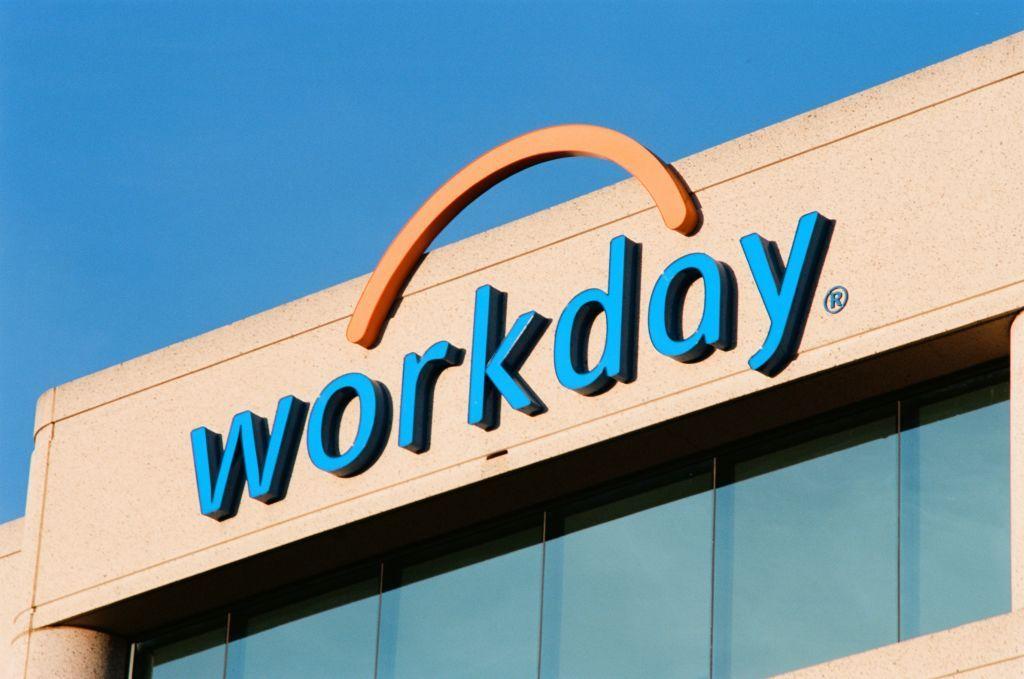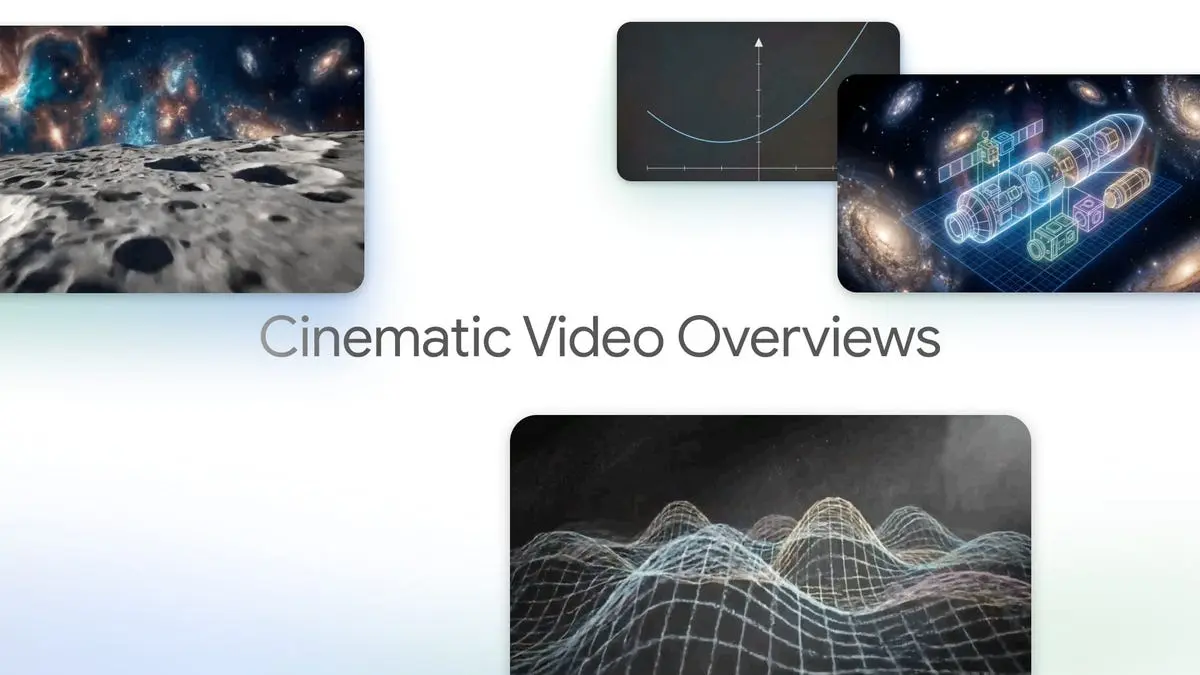Workday CEO's Tough Decision: Layoffs to Fuel AI Investment
2 Sources
2 Sources
[1]
Why Workday's CEO Made a Tough Layoff Decision to Invest in AI
Hello and welcome to Modern CEO! I'm Stephanie Mehta, CEO and chief content officer of Mansueto Ventures. Each week this newsletter explores inclusive approaches to leadership drawn from conversations with executives and entrepreneurs, and from the pages of Inc. and Fast Company. If you received this newsletter from a friend, you can sign up to get it yourself every Monday morning. During December 2024, Workday CEO Carl Eschenbach and his leadership team, including co-founder and executive chairman Aneel Bhusri, arrived at a big decision: The software company would restructure itself to free up operating dollars for investment opportunities tied to artificial intelligence. The move would involve shedding hundreds of jobs, marking the biggest layoff in the company's history. Even though the plan was finalized, Eschenbach says he was "not at peace" because he had not had a chance to share his thinking in person with Dave Duffield, Workday's other founder and its largest individual shareholder. So, Eschenbach met Duffield at the Jax Truckee Diner near California's Lake Tahoe -- the very diner where Duffield and Bhusri decided to start Workday, and offer cloud-based software to human resources and finance departments -- to lay out his rationale. "Dave said, 'Carl, I support you. We brought you in to scale the company and we're supporting you 100 percent in this very difficult decision,'" Eschenbach recalls. "The only thing he asked, which was obviously a 'yes' on my part, was that we take care of our employees who were moving on."
[2]
Why Workday's CEO made a tough layoff decision to invest in AI
Hello and welcome to Modern CEO! I'm Stephanie Mehta, CEO and chief content officer of Mansueto Ventures. Each week this newsletter explores inclusive approaches to leadership drawn from conversations with executives and entrepreneurs, and from the pages of Inc. and Fast Company. If you received this newsletter from a friend, you can sign up to get it yourself every Monday morning. During December 2024, Workday CEO Carl Eschenbach and his leadership team, including cofounder and executive chairman Aneel Bhusri, arrived at a big decision: the software company would restructure itself to free up operating dollars for investment opportunities tied to artificial intelligence (AI). The move would involve shedding hundreds of jobs, marking the biggest layoff in the company's history. Even though the plan was finalized, Eschenbach says he was "not at peace" because he had not had a chance to share his thinking in person with Dave Duffield, Workday's other founder and its largest individual shareholder. So, Eschenbach met Duffield at the Jax Truckee Diner near California's Lake Tahoe -- the very diner where Duffield and Bhusri decided to start Workday, and offer cloud-based software to human resources and finance departments -- to lay out his rationale. "Dave said, 'Carl, I support you. We brought you in to scale the company and we're supporting you 100% in this very difficult decision,'" Eschenbach recalls. "The only thing he asked, which was obviously a 'yes' on my part, was that we take care of our employees who were moving on."
Share
Share
Copy Link
Workday's CEO Carl Eschenbach makes a difficult choice to restructure the company, laying off hundreds to invest in AI opportunities, with the support of company founders.

Workday's Strategic Shift Towards AI
In a significant move that underscores the growing importance of artificial intelligence in the business world, Workday, a leading provider of cloud-based software for human resources and finance departments, has announced a major restructuring plan. The decision, made in December 2024, aims to redirect resources towards AI-related investment opportunities, but comes at the cost of the largest layoff in the company's history
1
2
.CEO's Difficult Decision
Carl Eschenbach, Workday's CEO, faced a challenging dilemma. The restructuring plan, developed in collaboration with co-founder and executive chairman Aneel Bhusri, would involve cutting hundreds of jobs. Despite having finalized the plan, Eschenbach felt uneasy about not having discussed it in person with Dave Duffield, Workday's other founder and largest individual shareholder
1
2
.A Symbolic Meeting
In a gesture laden with symbolism, Eschenbach chose to meet Duffield at the Jax Truckee Diner near California's Lake Tahoe. This location held special significance as it was the very place where Duffield and Bhusri had originally decided to start Workday. Here, Eschenbach laid out his rationale for the restructuring
1
2
.Founder's Support
Duffield's response was supportive, acknowledging the difficult nature of the decision while expressing confidence in Eschenbach's leadership. "Carl, I support you. We brought you in to scale the company and we're supporting you 100 percent in this very difficult decision," Duffield said, according to Eschenbach's recollection
1
2
.Prioritizing Employee Care
Despite the tough decision to lay off employees, both Eschenbach and Duffield emphasized the importance of treating departing staff with respect and care. Duffield's only request was to ensure that the company would "take care of our employees who were moving on," a condition to which Eschenbach readily agreed
1
2
.Related Stories
Implications for the Tech Industry
This move by Workday reflects a broader trend in the tech industry, where companies are increasingly prioritizing AI investments, sometimes at the expense of their current workforce. It highlights the growing belief among business leaders that AI will play a crucial role in future competitiveness and growth strategies
1
2
.Balancing Growth and Responsibility
The situation at Workday presents a case study in modern corporate leadership, demonstrating the delicate balance between pursuing technological advancements and maintaining a commitment to employee welfare. It also underscores the importance of maintaining strong relationships with company founders and key stakeholders, even when making difficult strategic decisions
1
2
.References
Summarized by
Navi
[2]
Related Stories
Workday Cuts 1,750 Jobs in Strategic Shift Towards AI Innovation
06 Feb 2025•Business and Economy

Workday co-founder Aneel Bhusri returns as CEO as AI transformation pressures mount
10 Feb 2026•Business and Economy

Workday's Strong Fiscal Year and AI-Driven Growth Strategy Amid Workforce Restructuring
27 Feb 2025•Business and Economy

Recent Highlights
1
Trump bans Anthropic from government as AI companies clash with Pentagon over weapons and surveillance
Policy and Regulation

2
Nvidia pulls back from OpenAI investment as Jensen Huang cites IPO plans and complex dynamics
Technology

3
Samsung unveils Galaxy S26 lineup with Privacy Display tech and expanded AI capabilities
Technology





